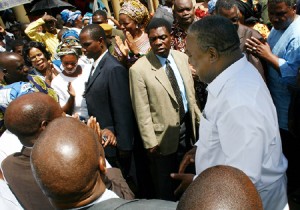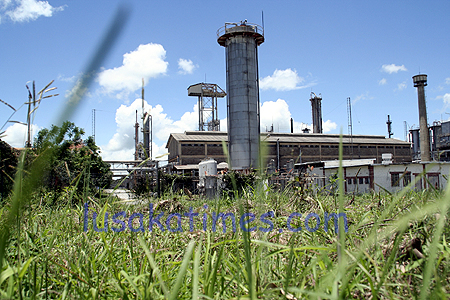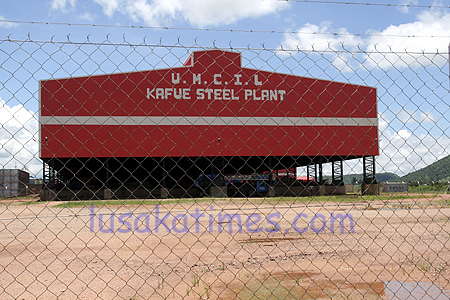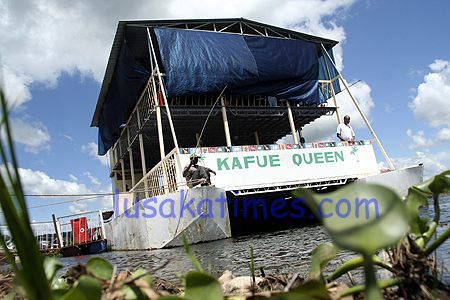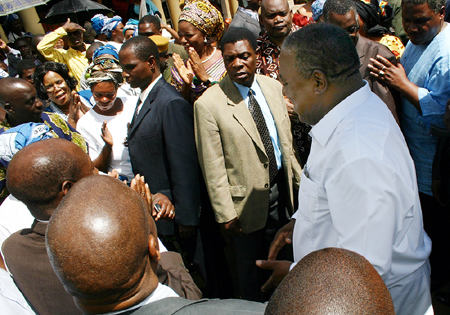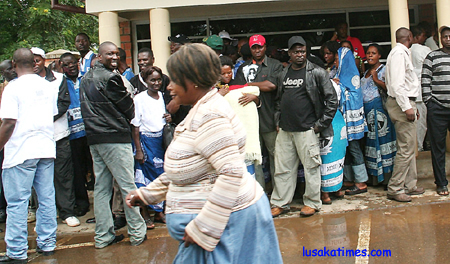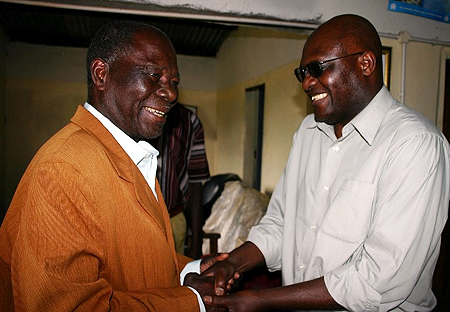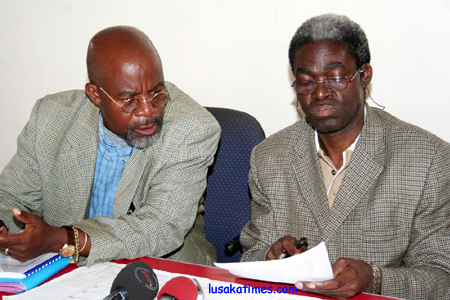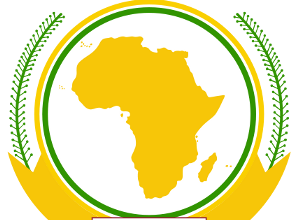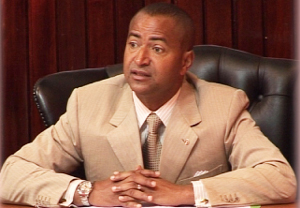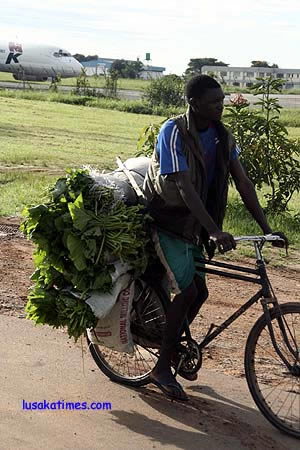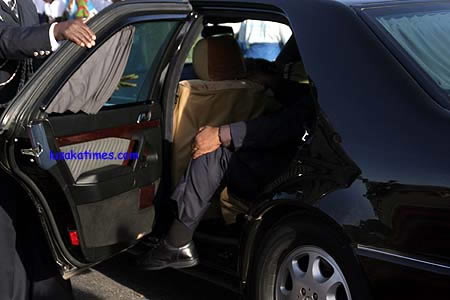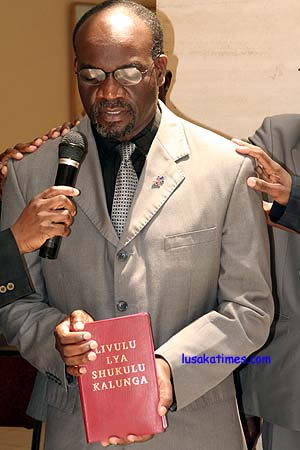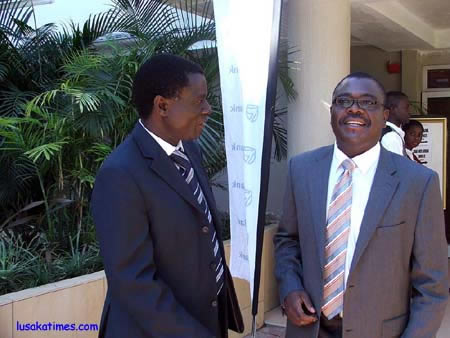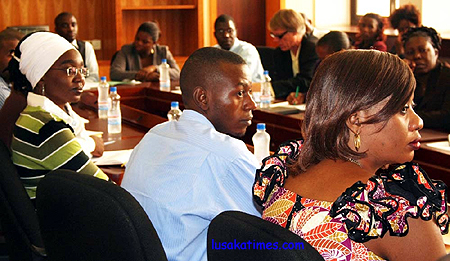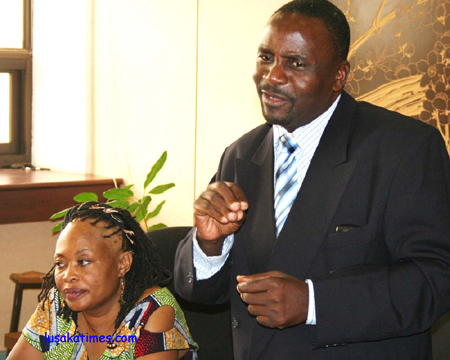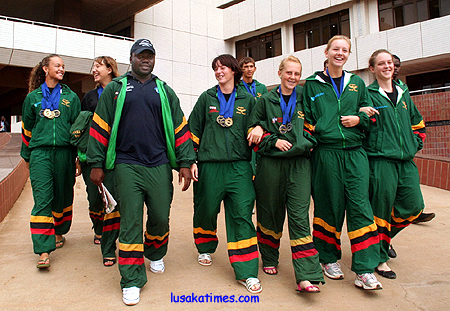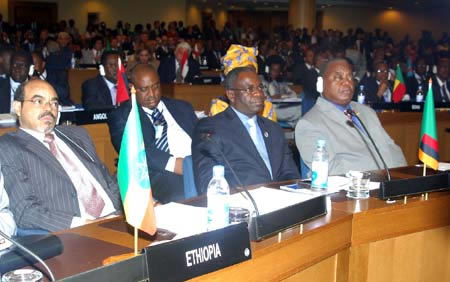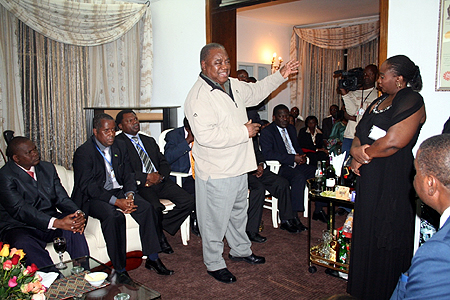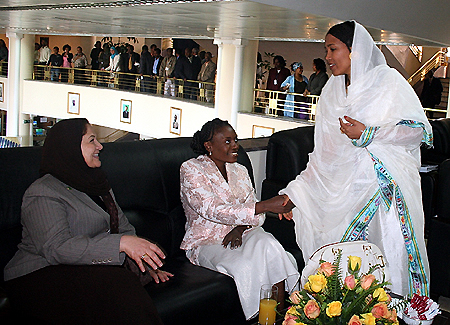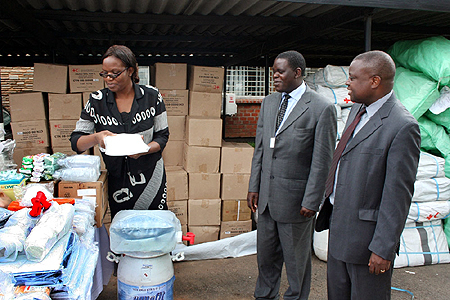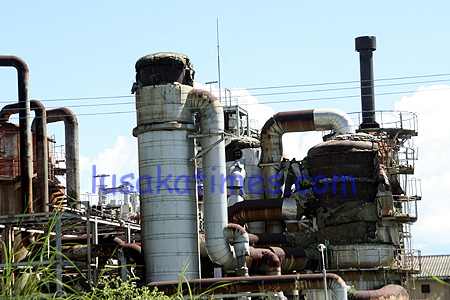
By Wesley Ngwenya
A free market economy where government has less control and the market operates independently continues to sweep across Africa, Asia and Latin America in the last few decades. However, for a small and poor economy like Zambia one wonders what good the “free” market economy has brought to its citizens. Was the “free” market introduced seventeen years ago really free? What price are we paying now?
I grew up in Livingstone a border town in Southern Zambia. Livingstone at the time was a town that was filled with activities whose residents worked for state owned companies such as Livingstone Motor Assembly, Zambia Textiles, Zambia Railways, and the one my mother worked for–Zambia Cold Storage Corporation. At the time, the Livingstone residents were the tourists of their own town if you never mind the meaning of tourist. During weekends, we went to the Museums, Maramba Culture, the Victoria Falls, and other attractions in town. Life was good in the good old days until the day my vocabulary grew with a new term called “Free Market”.
Today Livingstone is like a ghost town. There are not many Zambians who really have good jobs unless they are working for the government or are business owners. The town is infested with foreigners who seem to be running the hotel and tourism industry there. The Zambians are the ones serving the whites. Have you ever been to the Livingstone Royal? That place makes you so uncomfortable in your own country.
Other than copper, today, Zambia produces nothing of its own. Before the free market economy we used to buy Zambian made blankets, shoes, clothes, bicycles, batteries, and even little Fiat cars assembled in Livingstone. Today, thank goodness for our free market economies like China (which is not a free market) are benefiting immensely. We have literally polluted our economy with cheap quality goods from China. While it is true that these goods are cheap can it be compared to the magnitude of people who have lost jobs?
Just a couple of weeks ago mines in Luanshya closed adding to the number of Zambians without jobs. A free market seems to be out of control here in our country. I think it was a big mistake for our politicians to have sold all major companies to foreigners. Zambia Commercial Bank, for instance, was sold to Robobank for a meager $25 million. I say that was a deal for the Dutch guys. Many other companies were sold at give away prices. What was the hurry for?
Today, we are seeing the problems that have come as a result of a free market. Unemployment rate continues to rise as more and more people lose their jobs. Crime continues to rise in many urban areas. Hunger is also on the rise. Corruption has been on the rise. Abuse of government resources has also been on the rise. With all these problems you would think that government would have a tangible plan to tackle them. I have not heard the current leadership address these problems head on other than the usual political rhetoric.
Government lost greatly on an opportunity to build its own industry. This industry could have been distribution powerhouse for goods and services in the region. Countries like Congo, Tanzania, Malawi, Rwanda, Mozambique, Zimbabwe, and Angola could have been buying finished products from Zambia. We indeed have lost revenue because we lack a visionary leadership. Needless to say, tax revenue would have been generated from manufacturing, agriculture, banking, tourism, and communication industries. This tax revenue today would have translated to be hundreds and hundreds of million dollars—money well deserved to build our infrastructure.
It is not too late for government to revamp some industry and share costs with the private partners. This way, government will continue to regulate and monitor the industries and avoid their sudden total collapse. The country has a lot of competent people who are able to run these institutions. We need to ensure that there is economic activity within our borders to avoid looking elsewhere. Zambian Airways is one perfect example where government has to bail out the company. The airline has so much potential especially with the world cup coming to our backyard in less than 500 days.
Finally, the need to do something about the state of our economy is so urgent. In fact, it is not only the obligation of our leaders to address the economic and social challenges but it is also a moral obligation. While you enjoy the benefits of a “free” market economy remember that there are many of us who are paying heavily for your freedom.


